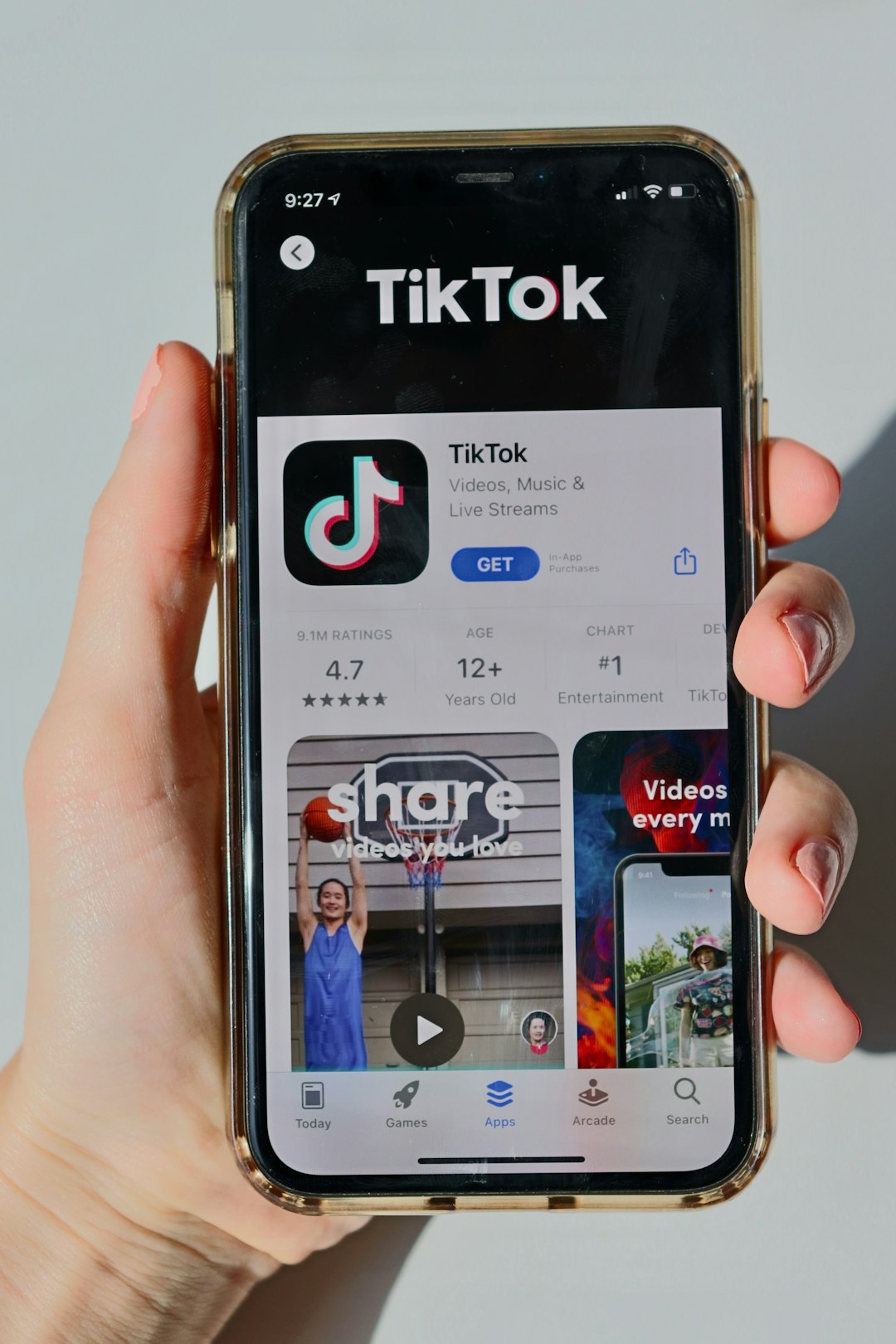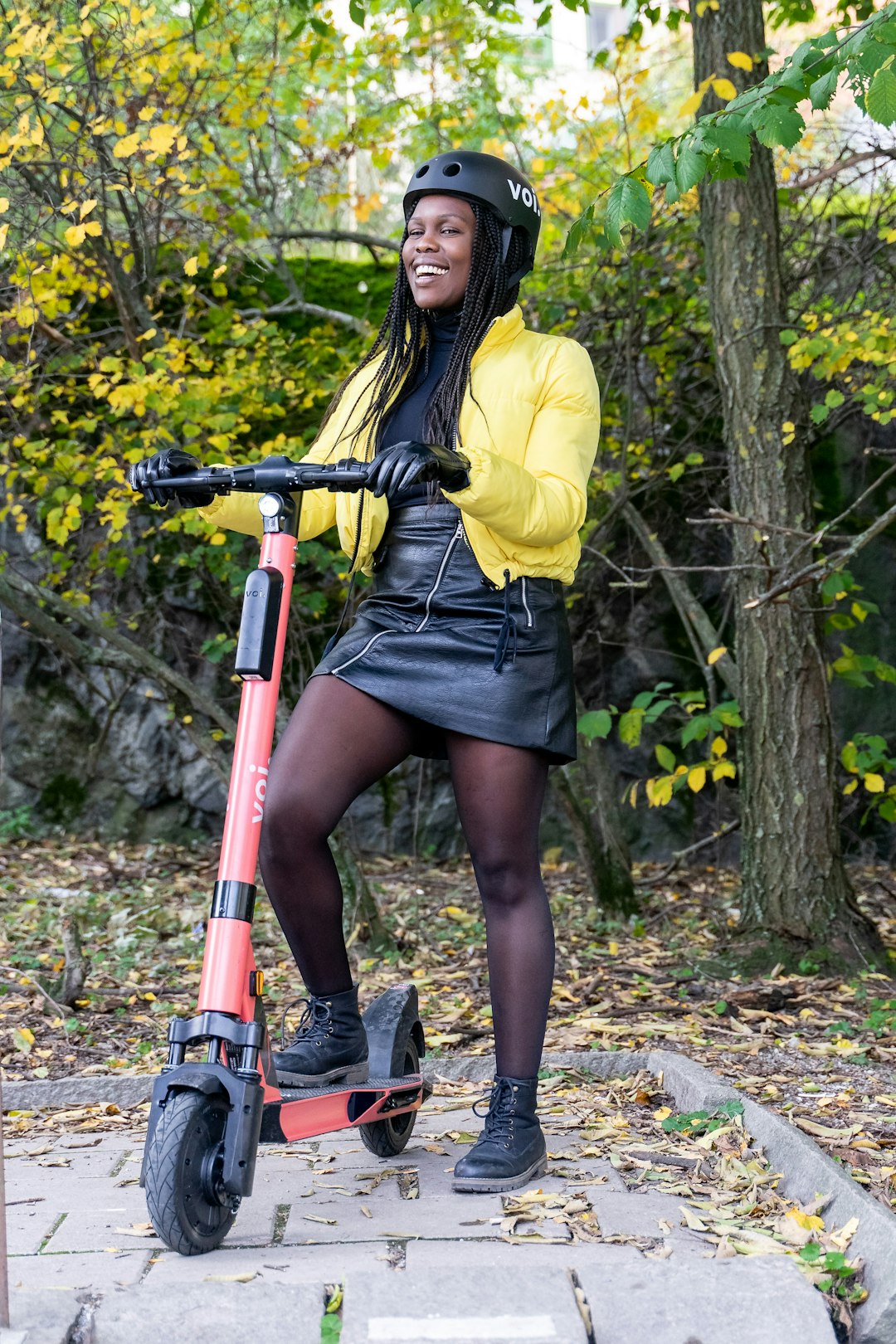I’m old enough to remember when campuses banned George Foreman Grills, Torchiere Style Halogen Lamps and space heaters, lumping these items into health and safety regulations in an effort to minimize fires. As someone who has seen the impact of a fire and the destruction and danger that it can cause in University housing - I am a firm believer in making good policy happen - despite parents and students being led into thinking that purchasing a grill for a double sized dormitory room is an essential item. When pressed by ‘well meaning’ gift givers I ask - “Do you think your student is actually going to take the grill, some dish soap and a sponge to the common area bathroom - a location, mind you, where floor mates brush their teeth, shave and apply hair products and give that appliance a thorough cleaning?” They knew the answer was no.

With that being said, the uptick in campuses banning TikTok and E-Scooters and E-Bikes has me scratching my head. As with any policy, someone needs to enforce it. And as with any good policy there needs to be a clear reason for it existing to hold any level of urgency and importance. Illustrating the WHY is often a step in the enforcement process that is missing. In the case of the Torchiere lamps, I went so far as to set up a public display with my local fire department at Babson College (Wellesley, MA) and at Boston University (Boston, MA). At Babson, we set up lamps in the plaza in front of the campus center. There, under the supervision of the fire department, I placed a tapestry and then a poster on top of the lamp - in both cases flames shot up like the Olympic torch. At Boston University, we went so far to work with the facilities office to build a residence hall single room to scale in a parking lot, and then burned it to the ground using an unattended incense stick as the initial spark and the room’s standard contents as accelerants. In both cases, the supervised illustration in a high traffic location spread the word to students, faculty and staff alike - policies are there for a reason.
To help students change their behaviors we would provide incentives. For instance, at Babson, students were encouraged to bring their “illegal” lamp to the campus center and turn it in for a safe one. When I was asked about the cost of such a program by a faculty member, I was barely able to keep my eyes from rolling into the back of my head. Rather, I showed them the actual cost of the lamps and said out loud, “A lot cheaper than a dead student or a gutted residence hall - don’t you think?”
When considering the knee jerk reaction of folks who find safety and prevention efforts to be too costly or - worse - ‘too juvenile’ I lose my cool. Sure, people should know how to cross a street, supervise a burning candle or engage with others online safely. But they don’t. We all cut a corner, get distracted or assume good will when we shouldn’t. While each of us can recall a close call that results in a change of behavior, we can also get sick to our stomachs thinking about what could have happened if we weren’t so fortunate.
With all this said, it pains me to start to shake my head at some of the most recent acts of campus behavioral policies that are making headlines. Campuses are ‘banning’ TikTok and E-Scooters. These two issues may appear to be quite different in challenge and scope, there are similar reasons why the policies to ban TikTok and E-Scooters are poorly designed.
In the case of TikTok, state systems in Texas, Montana and Arkansas, among others, are banning the popular social media app as an offshoot of state political posturing over the concerns over privacy related to the App. TikTok is based out of China and there have been years of worries from tech, privacy and government agencies over data and the use of it. In the interest of full transparency and disclosure, I had a TikTok account for a total of 28 hours. And then I took it down. It made me uncomfortable and when I read that Tech Reporter, Kara Swisher wouldn’t put it on her phone - that solidified it for me.
Public campuses where TikTok bans exist related to state restrictions on state devices and the use of state email and other digital infrastructure - makes sense. But, an offshoot to college students who are using the campus wifi, that is nearly impossible to enforce. Students communicate on TikTok, Snap, Instagram and other social media platforms. The social media ecosystem is where students communicate and where they are influenced by their peers and informed by campus accounts. Strong and well considered social media policies need to be in place. If you are going to ban the use of one type of platform there needs to be a reason why, and the policy needs to be written by someone who has a damn clue as to how the platforms actually work and WHY students like them. In other words, if the person writing the policy uses a Jitterbug Flip Phone you are doing it wrong.
Campuses can provide clear understanding as to why campus hardware and campus IT infrastructure will not be used to make and maintain campus accounts on the platform. However, they must also explain why and what other platforms will be used to engage with the community digitally. By setting up an unclear, yet incredibly public policy with no real enforcement or accountability campuses are simply saying, “yeah, we have policies, but we aren’t serious about them.” Therefore undermining the rest of your student code and general policies.
For years, campus parking and planning officials have worked under the guise of either an increased lack of parking infrastructure or the more pleasant ‘sustainability’ moniker to reduce the number of cars driving to and parking on campus. During the pandemic, many of us bought scooters and bikes as a means to get exercise and get out of our isolation, a transportation method that some have maintained for regular commuting and getting around. As I was informed by a friend who is a social worker, she initially saw her E-Bike as a ‘bop around’ kind of thing - now she’s gotten rid of one of her household cars because she uses her E-Bike as her primary mode of transit, and when the weather is too severe, she will take public transit or rideshare.
On top of the shift in transportation modalities, some campuses turned parking lots into socially distanced learning and living open spaces - taking advantage of the fact that there were less vehicles on campus. Students have also taken to the E-Scooter evolution in a way that should surprise no one. This generation grew up on Razor scooters, and there is a national decline in GenZ getting drivers licenses and owning cars. But as campuses ‘went green’ and expanded green space living - we didn’t identify and build out what was needed to support these new forms of transportation, nor did we write policy to support it.
E-scooters have gotten a bad rep of late, being the target of disdain for cluttering up sidewalks as riders abandon them on their way into campus buildings. When riders fail to use good safety standards while operating scooters they may cause injury to the rider and to other pedestrians/bike riders/vehicles, etc. Additionally, the lithium-ion batteries can be a fire hazard if they are damaged or if they are stored improperly. Campuses that have been seeking to incentivize less automotive transit are now outlawing the very mode of transportation that is most popular with students and many staff and faculty.
Rather than ban the transit, campuses should be encouraging safe use of E-scooters and E-bikes. Requiring students to register their bikes and scooters with the transportation or public safety office would be a good start. At the time of scooter or bike registration, community members could be provided with an opportunity to protect their mode of transit by signing up for supplemental insurance in the case of a stolen bike or scooter as well as a method to log the item with the institution for tracking and tracing. Additionally, an inspection of the battery could be done at the time of registration, and the rider provided with an agreement as to how batteries must be stored as well as other facts and information on local businesses that can replace and recycle damaged or broken batteries.
Appropriate storage facilities are needed to protect bikes and scooters from inclement weather, theft and being a tripping hazard or blocking pathways and fire exits. When a campus announces a new storage facility(ies) to encourage proper use of bikes and scooters, THEN a policy can be put into place about the use of such items on campus. For those campuses who call such storage eyesores, I invite you to look at an overhead shot of your campus - is it merely a giant parking lot peppered with buildings? If so, please, let’s not get into what classifies as an eyesore.
Once policies are written it is essential that framing the use and possession of any transportation modality on campus is a privilege, which can be taken away. Good policy needs to be rooted in sound reasons, be written clearly and simply, and able to be enforced consistently. But once it’s written, it is the responsibility of the institution to educate the students, faculty and staff as to the rationale behind the policy and create pathways for self-enforcement. Bans do little more than create resentment and hurt other policy development down the road.
Fortify Features
Dr. Laura De Veau is Principal & Founder of Fortify Associates, LLC. Fortify Associates, LLC is unique in the higher education, not-for-profit, and public service market. They provide comprehensive workshops, program reviews and project management services with a combination of in-person and virtual delivery. Fortify Associates is committed to creating experiences that are unique to the needs and culture of each of their clients. Fortify Associates wants to elevate your organization and help you optimize your workplace. As a Predictive Index partner, Fortify can leverage the power of PI with the knowledge and talent of the Fortify team to create a truly unique set of offerings. Contact Dr. De Veau .




